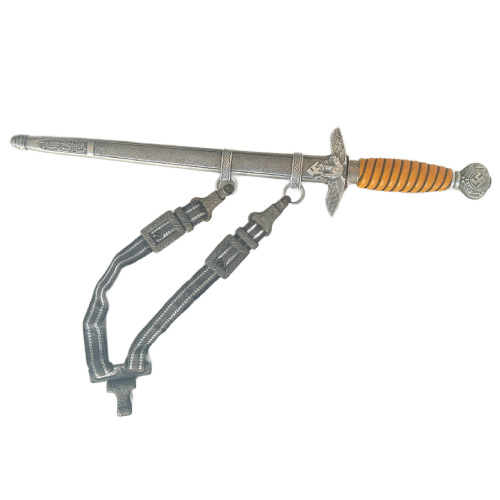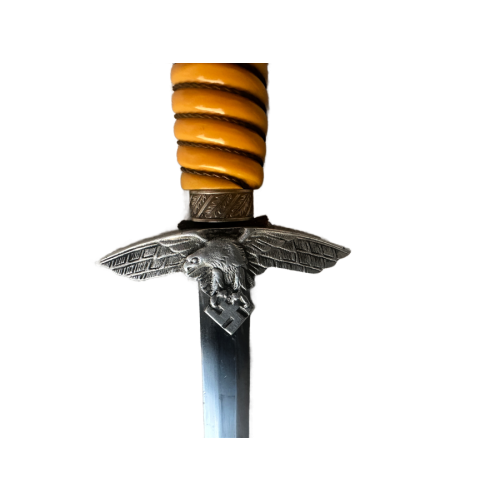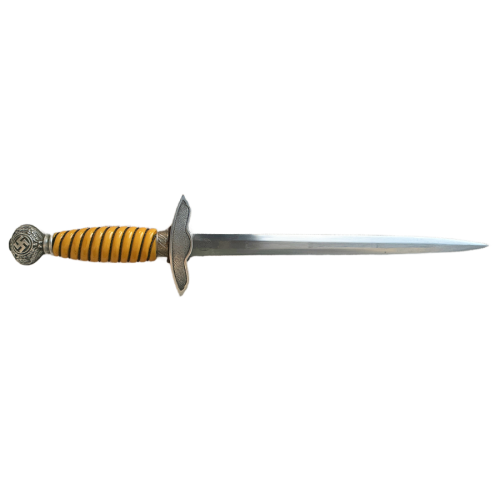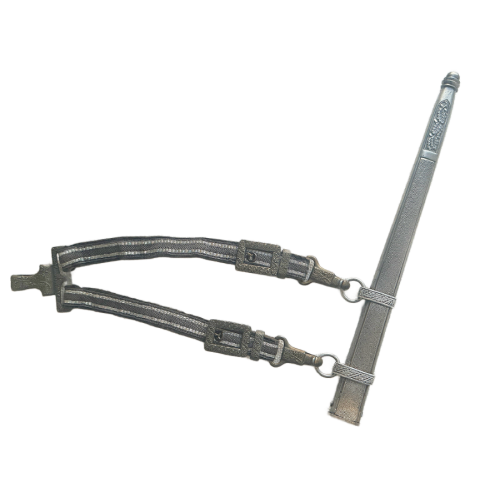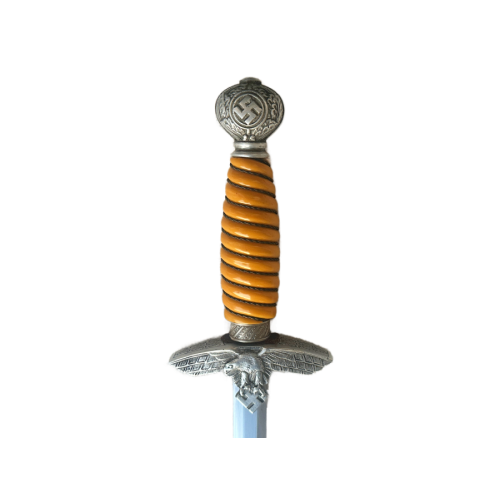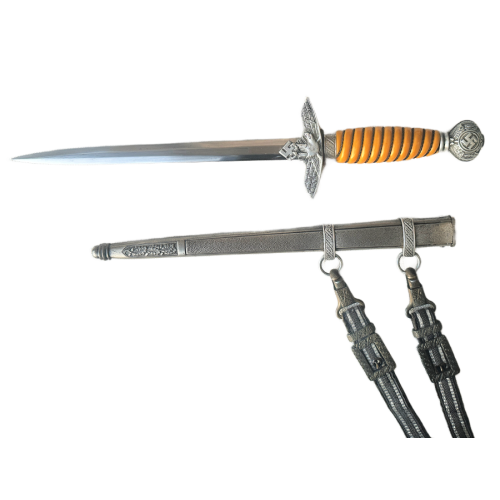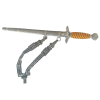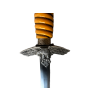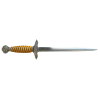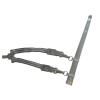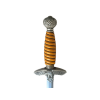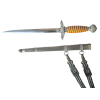WW2 German Third Reich Army Heer Dagger by E. & F. Horster (Original)
SKU: GERMAN ARMY HEER DRESS DAGGER
Original/Reproduction: Original
Availability: In-stock
Manufacturer: by E. & F. Horster
Size / Dimensions: Blade Length 26 cm
Materials / Construction: high-quality nickel-plated, double-edged steel
Condition: Mint
PRICE: $1200.00
Seller Type: WW2C
Seller ID: JMW
Seller Code: 700
Return Policy: 3-day inspection and return policy on used guns and accessories.
Description
This is an Original WW2 German Third Reich Army Heer Dagger by E. & F. Horster. The condition is near mint.
History
During World War II, the German Heer (Army) issued a distinctive dress dagger to officers as a symbol of status and prestige. One of the most recognized and sought-after variations is the Heer dagger produced by Weyersberg, Kirschbaum & Co. (WKC), a well-known Solingen-based blade manufacturer.
The Heer dagger was introduced in 1935 as a replacement for the traditional Weimar-era army swords. It was designed as a decorative piece rather than a combat weapon, intended to be worn during ceremonies and formal occasions. The dagger's aesthetic and craftsmanship reflected the prestige of the officer class within the Wehrmacht.
Design & Features
The WKC Heer dagger stands out due to its exceptional craftsmanship and characteristic design. It typically features:
- Blade: A high-quality nickel-plated, double-edged steel blade, often etched with the manufacturer’s mark:
- The WKC Solingen logo, which includes a helmeted knight's head.
- Hilt: Made from solid cast aluminum or zinc alloy, often finished with silver plating.
- Grip: Constructed from celluloid-covered wood, commonly seen in ivory, yellow, or orange tones. It was wrapped in a decorative twisted silver wire.
- Crossguard: Features an intricately cast spread-winged eagle clutching a swastika, a defining feature of German military daggers of the period.
- Pommel: Circular, with a raised oak leaf motif surrounding its circumference.
- Scabbard: The dagger was accompanied by a silver-finished scabbard made from aluminum or steel, featuring a pebbled texture and two carrying rings for suspension from a uniform belt.
Variants & Markings
- WKC produced several variations of Heer daggers, some featuring etched or personalized inscriptions.
- Some blades were marked with presentation dedications or unit insignia, increasing their collector value.
- The early production models were often of superior craftsmanship, with higher-quality nickel fittings compared to the later wartime models, which sometimes used lower-grade materials due to resource shortages.
